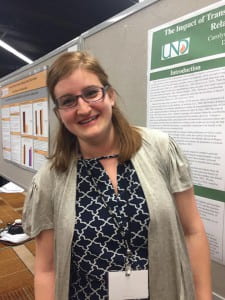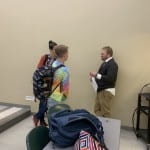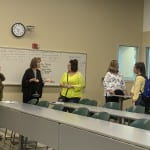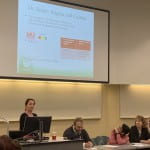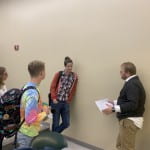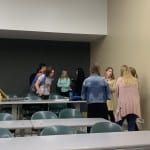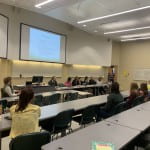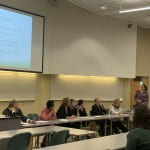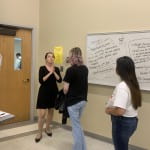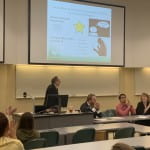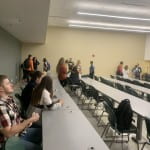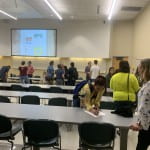Academic Resources for Psychology Students
Psychology Student Success Center: This is a fabulous resource for students involved or thinking of Psychology as a major. The center helps students declare, schedule classes, tutoring services, review papers, discuss what the department has to offer and much much more! https://www.uwgb.edu/psychology/student-success-center/
Psychology Professors: Your professors are there to help learn and develop your skills for the future. Attached is the link for all the UWGB psychology professors as well as their office hours and emails. Reach out! They are there to help YOU in classes, schedules, career plans, and your future goals! https://www.uwgb.edu/psychology/faculty-staff/faculty-staff/
Academic Advising: Academic advisors are an extremely useful resource! They are there to help with class schedules, career prospects, research, connections, the graduate school process, the hiring process, and general academic advice. Link: https://www.uwgb.edu/advising/
Scholarships: Who doesn’t want to get paid to go to school! There are a plethora of scholarships and financial aid to help you continue your education. What’s the harm in just applying! Link: https://www.uwgb.edu/scholarships/
Tutoring Services: This is a fabulous school wide service to help you receive the very best education you can, it is there to help! There are also employment opportunities for those who want to become a tutor. Link: https://www.uwgb.edu/learning-center/
Writing Center: Similar to the tutoring services there is a specific center just for writing. Schedule an appointment with the center and have someone review any writing of yours, what a steal! Link: https://www.uwgb.edu/writing-center/
Bursar’s Office: This office is the office of plenty when it comes to questions regarding payments, financial aid, and college finances. Link: https://www.uwgb.edu/bursar/
Career Services: As the name suggests career services helps individuals discover and find jobs, career goals, and even student employment! Link: https://www.uwgb.edu/careers/
These are just a few of the many resources available for students on campus. UWGB has a multitude of ways to get involved, stay involved, and help you reach success!
Author: Katie Sorebo
